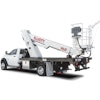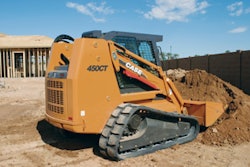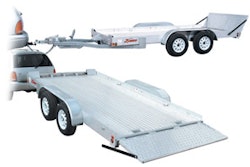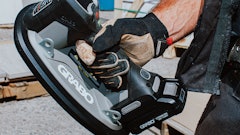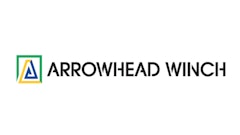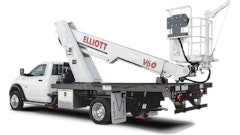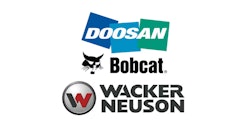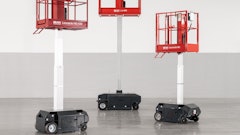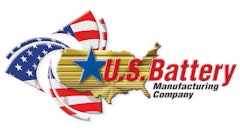This might seem like an unusual time of the year for this topic - but it makes sense to me. Two critical issues in operating a successful rental business are when to sell rental equipment and when to add equipment.
Many rental businesses began with a very modest rental inventory and as additional capital was generated through rental revenue, it was reinvested into more rental equipment. Adding rental equipment is a natural and expected part of the equipment rental business. On the other hand, selling off used rental equipment, for many rental business operators is not as natural.
Rental businesses often purchase rental equipment without the pre-planning that would give them the best return for their investment. They also tend to keep rental equipment that should be disposed of sooner. Regardless of how well your business is doing, now is a good time to take an objective look at your rental inventory and make the tough decisions.
Here are just a few thoughts to consider:
- Don't wait too long before purchasing items you need to add. It certainly is tempting to wait for a convention to see if there will be "show specials" on items you have been missing rentals on and you know you need to add. Don't wait. The amount of money you might save at a show can often be made up in just one rental.
- Be known for having the freshest rental equipment. Don't let old, worn out rental equipment give your rental business a bad reputation. Make a conscious effort to get rid of rental equipment that has the potential to become unreliable. Don't wait for it to become unreliable. Also, even if a rental item is mechanically sound, if it looks rough it could give you a bad reputation. It's surprising how much better rental equipment looks (and rents) with a fresh coat of paint, but sometimes replacing the rental item is the best alternative.
- Adjust your inventory to maximize ROI and utilization. Review your ROI and utilization on each rental item in your fleet. Use your computer system and an industry consultant to help make these important decisions. Resist the temptation to make purchasing decisions on the fly. Just having a strong feel that something will rent is not enough.
- Be sure to add certain items that show your business is progressive, and have solid potential to make profit money. Some of the most successful rental businesses are known for finding and purchasing products that make their businesses different from their competitors.
- Track missed rentals. This can be a very valuable tool when it is time to make purchasing decisions.
- Don't wait too long before selling items that just aren't renting enough. If you have made the marketing effort required to make the rental items or the category successful, and they don't have another strategic value, get rid of them.
- Be careful where you try to unload your rental inventory. It's not always best to sell to your rental customer. It can be more profitable in the long run to rent rather sell the equipment to them. Consider Internet selling or auctions outside of your immediate trade area.
Remember that having the best mix of equipment in your rental inventory can jump start a stalled rental business and take a growing one to the next level. It's worth the time and expense to have this analysis done now.
![Photo Of Dick Detmer 60999537d4064[1] Headshot](https://img.forconstructionpros.com/files/base/acbm/fcp/image/2024/03/Photo_of_Dick_Detmer.60999537d4064_1_.65e72fd913082.png?auto=format%2Ccompress&crop=faces&fit=crop&h=48&q=70&rect=0%2C420%2C2336%2C2336&w=48)



